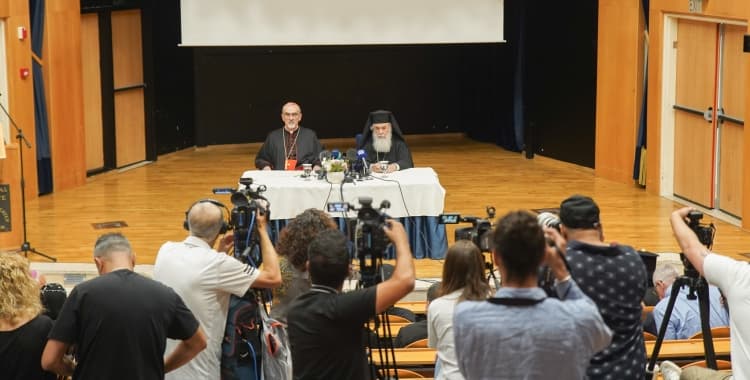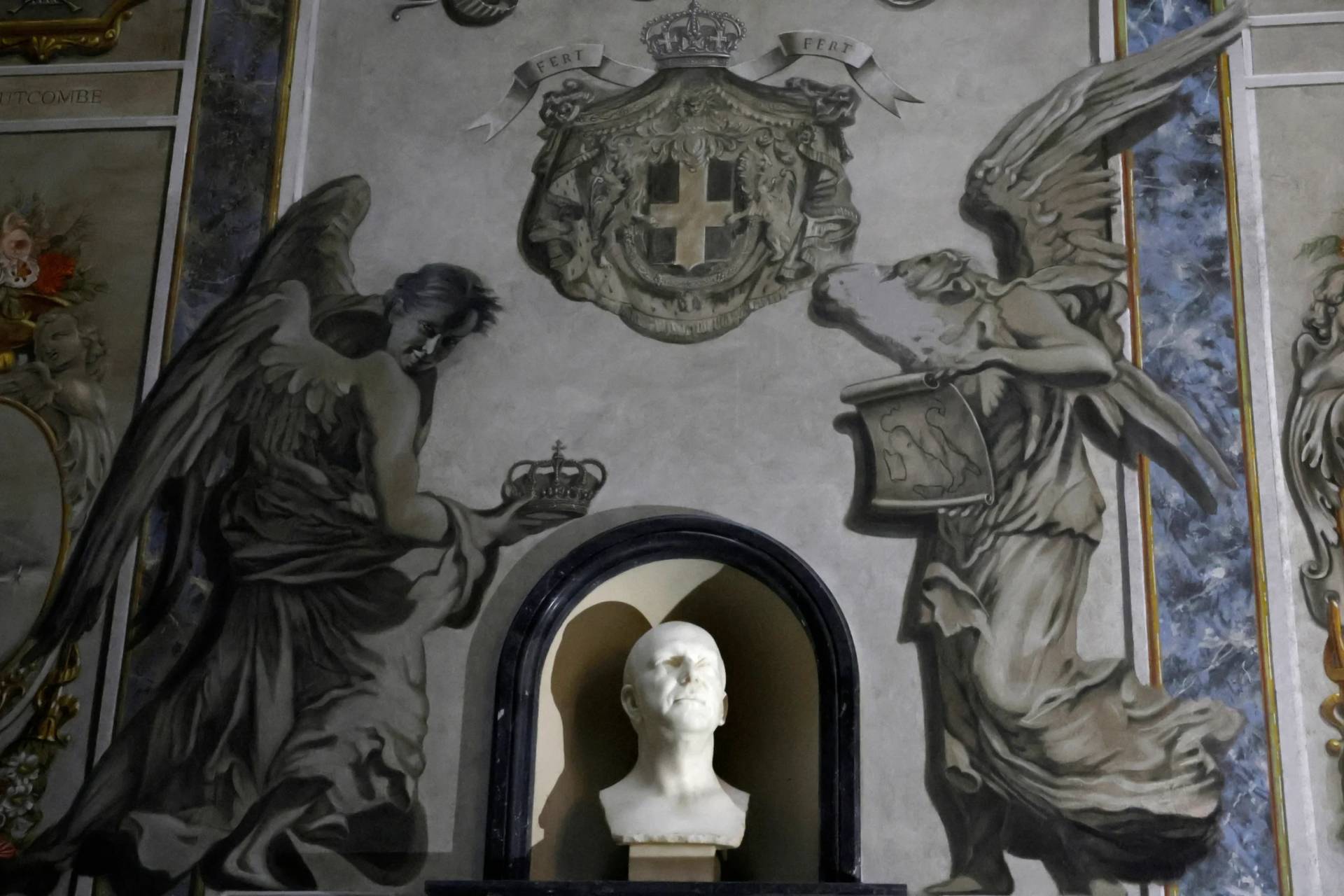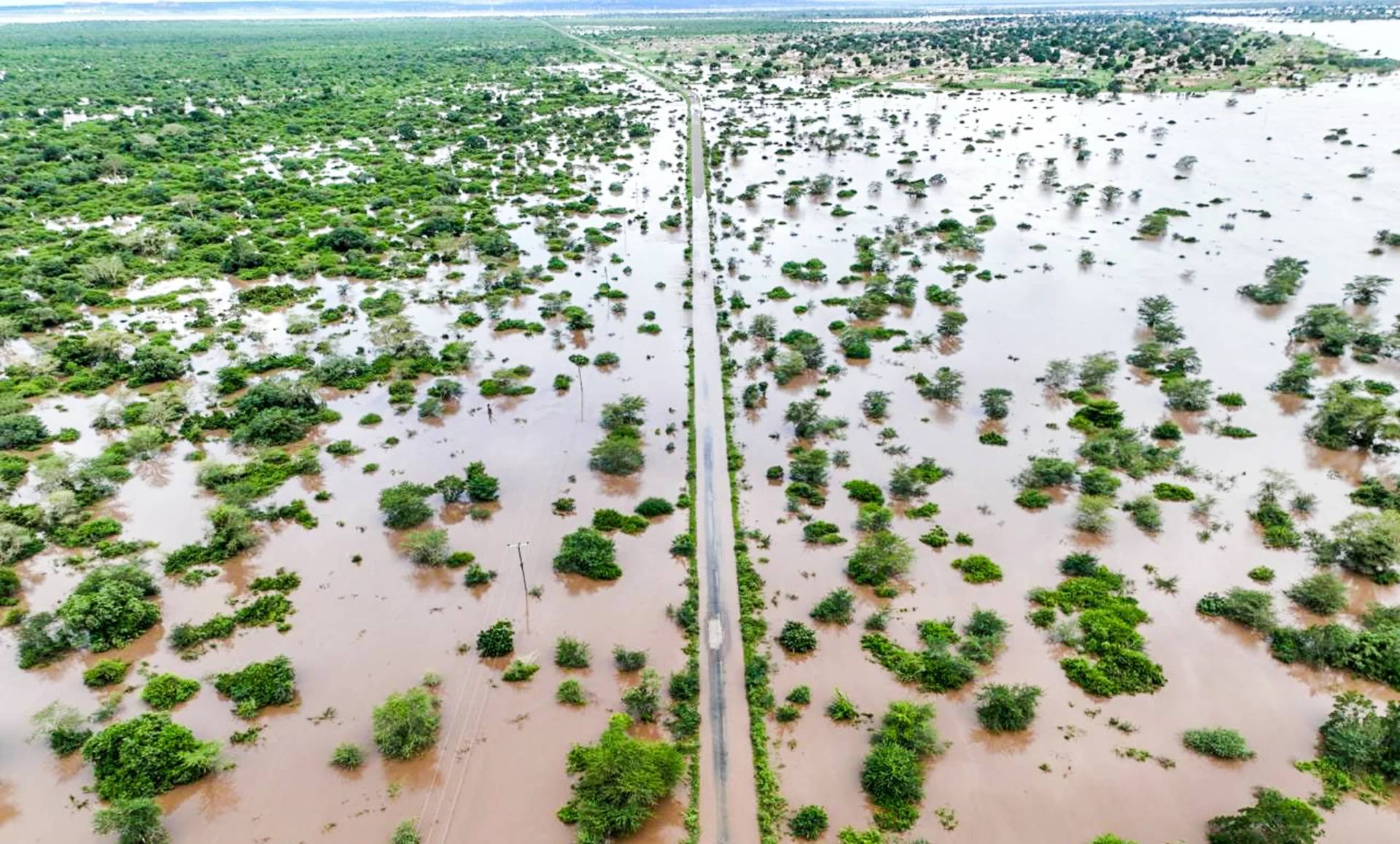Christ is not absent from Gaza, says Cardinal Pierbattista Pizzaballa, the Latin Patriarch of Jerusalem.
The cardinal was speaking on Tuesday at a press conference alongside His Beatitude Theophilos III, The Orthodox Patriarch of Jerusalem.
The two men visited Gaza beginning on Friday, the day after an Israeli tank fired on the only Catholic church in the region, the parish of the Holy Family.
Pizzaballa said Jesus is there in Gaza, “crucified in the wounded, buried under rubble and yet present in every act of mercy, every candle in the darkness, every hand extended to the suffering.”
Three Christians were killed in the blast, and several others were injured, including Father Gabriel Romanelli.
The cardinal said the two Church leaders experienced the reality in Gaza during their visit.
“We entered a place of devastation, but also of wonderful humanity. We walked through the dust of ruins, past collapsed buildings and tents everywhere: In courtyards, alleyways, on the streets and on the beach — tents that have become homes for those who have lost everything. We stood among families who have lost count of the days of exile because they see no horizon for a return. Children talked and played without batting an eyelid —they were already used to the noise of the bombing,” he said.
“And yet, in the midst of all this, we encountered something deeper than the destruction: The dignity of the human spirit that refuses to be extinguished,” Pizzaballa added.
Theophilos said the two men encountered people “crushed by the weight of war, yet carrying within them the image of God.”
“Among the broken walls of the Church of the Holy Family and the wounded hearts of its faithful, we witnessed both profound grief and unyielding hope. We knelt in prayer beside the afflicted and laid our hands upon those yearning for comfort, guided by the words of Saint Paul: ‘Bear one another’s burdens, and so fulfill the law of Christ’,” the Orthodox patriarch told journalists.
“The Church’s mission in times of devastation is rooted in the ministry of presence, of standing with those who mourn, of defending the sacredness of life, and of witnessing to the light that no darkness can extinguish,” he said.
Theophilos stressed to the international community that silence in the face of suffering “is a betrayal of conscience.”
“To the children of Gaza, we affirm: The Church remains beside you. And to all those who wield power, we echo the Lord’s command: ‘Blessed are the peacemakers, for they shall be called children of God’,” he said.
The Gaza war broke out following an Oct. 7, 2023, surprise attack by Hamas militants that left 1,200 Israelis dead and more than 250 taken as hostages.
Israel immediately launched a retaliatory offensive in Gaza to oust Hamas from leadership, with the subsequent conflict resulting in the deaths of over 70,000 people in Gaza, according to Palestinian estimates.
A peace deal made earlier this year has broken down, and Israel has increased its attacks on Gaza, killing thousands of people, most of them civilians.
Pizzaballa said humanitarian aid is not only necessary, it is a matter of life and death.
“Refusing it is not a delay, but a sentence. Every hour without food, water, medicine and shelter causes deep harm,” the cardinal said.
“We have seen it: Men holding out in the sun for hours in the hope of a simple meal. This is a humiliation that is hard to bear when you see it with your own eyes. It is morally unacceptable and unjustifiable,” he added.
“Today we raise our voices in an appeal to the leaders of this region and the world: There can be no future based on captivity, displacement of Palestinians or revenge. There must be a way that restores life, dignity and all lost humanity,” Pizzaballa continued.
“When this war is over, we will have a long journey ahead of us to begin the process of healing and reconciliation between the Palestinian People and the Israeli People, from the too many wounds this war has caused in the lives of too many: a genuine, painful and courageous reconciliation,” the cardinal said.
“Not forgetting, but forgiving. Not erasing wounds but transforming them into wisdom. Only such a path can make peace possible — not only politically, but also humanly,” he said.
Follow Charles Collins on X: @CharlesinRome















